


Books in series

Ebonics
The Urban Education Debate
2005

Decolonisation, Globalisation
Language-in-Education Policy and Practice
2005

Travel Notes From The New Literacy Studies
Instances Of Practice
2006

Social Context and Fluency in L2 Learners
The Case of Wales
2007

Social Actions for Classroom Language Learning
2008

Teaching English as an International Language
Identity, Resistance and Negotiation
2003

Heavenly Readings
Liturgical Literacy in a Multilingual Context
2008

Creating Classroom Communities of Learning
International Case Studies and Perspectives
2008

English as an International Language
Perspectives and Pedagogical Issues
2009

The Languages of Africa and the Diaspora
Educating for Language Awareness
2009

Politics of Language Education
Individuals and Institutions
2008

The Meaning Makers
Learning to Talk and Talking to Learn
1985

Testing the Untestable in Language Education
2010

Sociolinguistics and Language Education
2010

European Vernacular Literacy
A Sociolinguistic and Historical Introduction. Joshua A. Fishman
2010

The Multiliteracies Classroom
2010

Theory and Practice in EFL Teacher Education
Bridging the Gap
2011

Exploring Japanese University English Teachers Professional Identity
2012

Principles And Practices Of Teaching English As An International Language
2012
English - A Changing Medium for Education
2012

Researching Language Teacher Cognition and Practice
International Case Studies
2012

Literacy Practices in Transition
Perspectives from the Nordic Countries
2012

English in Post-Revolutionary Iran
From Indigenization to Internationalization
2013

Inclusive Language Education and Digital Technology
2013

Minority Populations in Canadian Second Language Education
2013

Managing Diversity in Education
Languages, Policies, Pedagogies
2013

English Language Teachers on the Discursive Faultlines
Identities, Ideologies and Pedagogies
2013

Codeswitching in University English-Medium Classes
Asian Perspectives
2013

Desiring TESOL and International Education
Market Abuse and Exploitation
2014

The Language of Adult Immigrants
Agency in the Making
2014

The Multilingual Turn in Languages Education
Opportunities and Challenges
2014

A Post-Liberal Approach to Language Policy in Education
2014

Academic Literacy and Student Diversity
The Case for Inclusive Practice
2015

Cross-Language Mediation in Foreign Language Teaching and Testing
2015

Adult Learning in the Language Classroom
2015

Literacy Theories for the Digital Age
Social, Critical, Multimodal, Spatial, Material and Sensory Lenses
2015

Identity, Gender and Teaching English in Japan
2016

Talking About Global Migration
Implications for Language Teaching
2016

First and Second Language Use in Asian EFL
2016
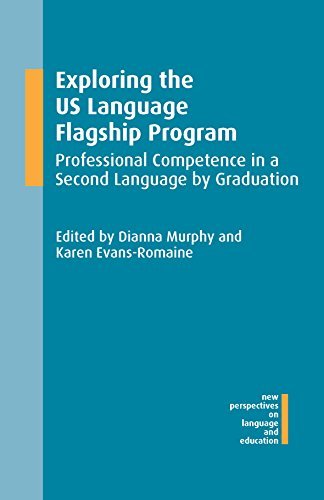
Exploring the US Language Flagship Program
Professional Competence in a Second Language by Graduation
2016

Dialogic Pedagogy
The Importance of Dialogue in Teaching and Learning
2016

Preparing Teachers to Teach English as an International Language
2017

The Socially Responsible Feminist EFL Classroom
A Japanese Perspective on Identities, Beliefs and Practices
2017
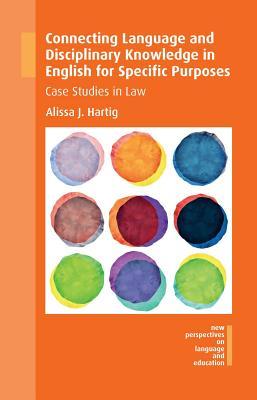
Connecting Language and Disciplinary Knowledge in English for Specific Purposes
Case Studies in Law (New Perspectives on Language and Education, 55)
2017
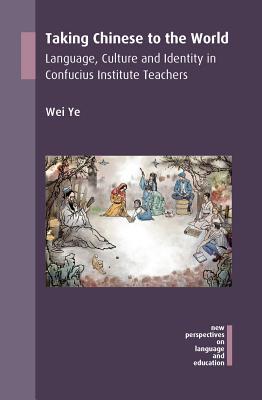
Taking Chinese to the World
Language, Culture and Identity in Confucius Institute Teachers
2017
Creativity and Innovations in ELT Materials Development
Looking Beyond the Current Design
2018
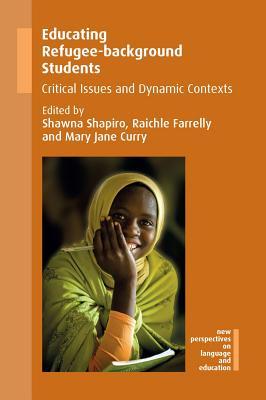
Educating Refugee-background Students
Critical Issues and Dynamic Contexts
2018
![Transcending Self and Other Through Akogare [Desire] book cover](https://images-na.ssl-images-amazon.com/images/S/compressed.photo.goodreads.com/books/1677897195i/73283207.jpg)
Transcending Self and Other Through Akogare [Desire]
The English Language and the Internationalization of Higher Education in Japan
2018

English as a Lingua Franca for EFL Contexts
2018
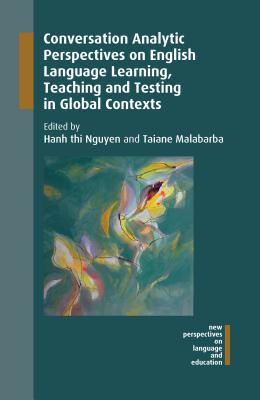
Conversation Analytic Perspectives on English Language Learning, Teaching and Testing in Global Contexts (New Perspectives on Language and Education, 63)
2019
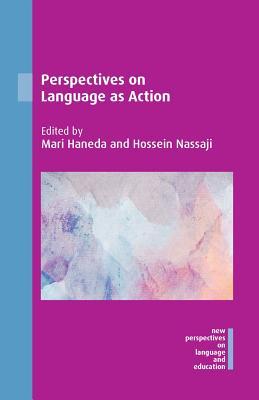
Perspectives on Language as Action
2019
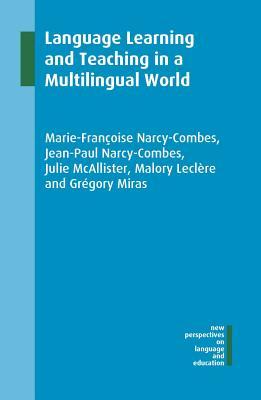
Language Learning and Teaching in a Multilingual World (New Perspectives on Language and Education, 65)
2019
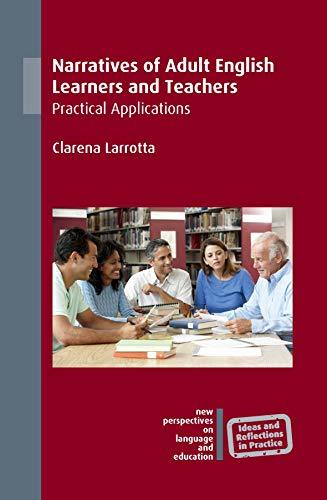
Narratives of Adult English Learners and Teachers
Practical Applications
2019
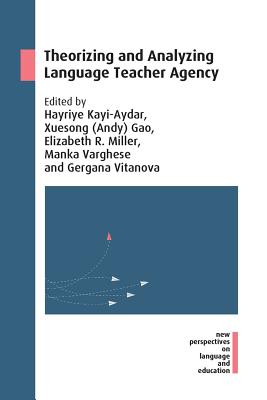
Theorizing and Analyzing Language Teacher Agency (New Perspectives on Language and Education, 70)
2019
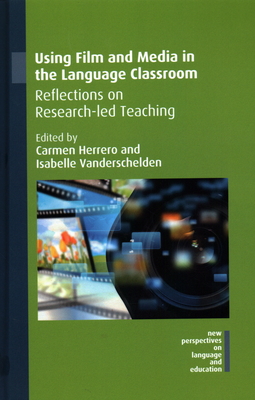
Using Film and Media in the Language Classroom
Reflections on Research-led Teaching (New Perspectives on Language and Education, 73)
2019
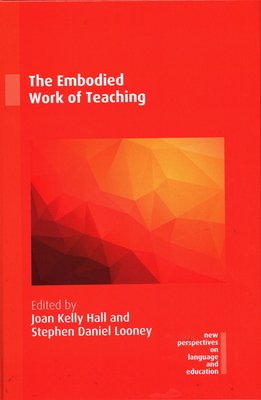
The Embodied Work of Teaching
2019
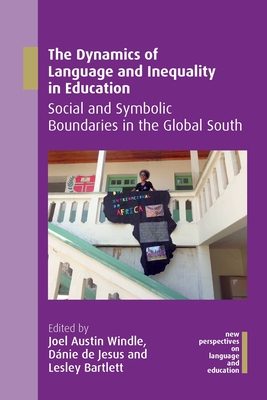
The Dynamics of Language and Inequality in Education
Social and Symbolic Boundaries in the Global South
2020
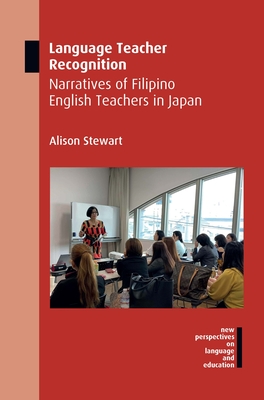
Language Teacher Recognition
Narratives of Filipino English Teachers in Japan
2020
Authors

Diane Hawley Nagatomo has been living and teaching in Japan since 1979. She is a retired professor from Ochanomizu University and holds a PhD in linguistics. She has authored numerous academic books, EFL textbooks, and one Japanese-English phrase book. Her debut novel, "The Butterfly Cafe" was released in July 2023 Diane's books are also on Goodreads under the name of Diane Hawley Nagatomo

Alison has had nine books published - two books for adults and seven for young people. Four of them have been translated into Italian, Danish, Dutch and Thai. Her latest project,Cold Stone Soup, an unpublished memoir about growing up under apartheid and migrating to Australia has won the FAW 2013 National Literary Awards (Jim Hamilton Award for a non-fiction manuscript). Cold Stone Soup was also runner-up in the 2010 Penguin/Varuna Scholarship. Her first book for adults, Born Into the Country (Justified Press 1988, South Africa) was shortlisted for the 1987 AA Mutual Life Vita Young Writers’ Award. Heinemann Australia published her next adult novel, Bitterbloom in 1991. Her YA novel, The Wishing Moon was shortlisted for the 1995 Australian Multicultural Children’s Award and was a 1995 Children’s Book Council Notable book. Her YA dystopia, Days Like This, published by Penguin Australia was a finalist in the inaugural 2010 Amazon/Penguin Breakthrough Novel Award in the YA category. Alison lives in Sydney and is married with two adult children. When she gets the chance, she loves travelling - who doesn't? Alison worked for years as a news and feature journalist. She currently writes travel stories.